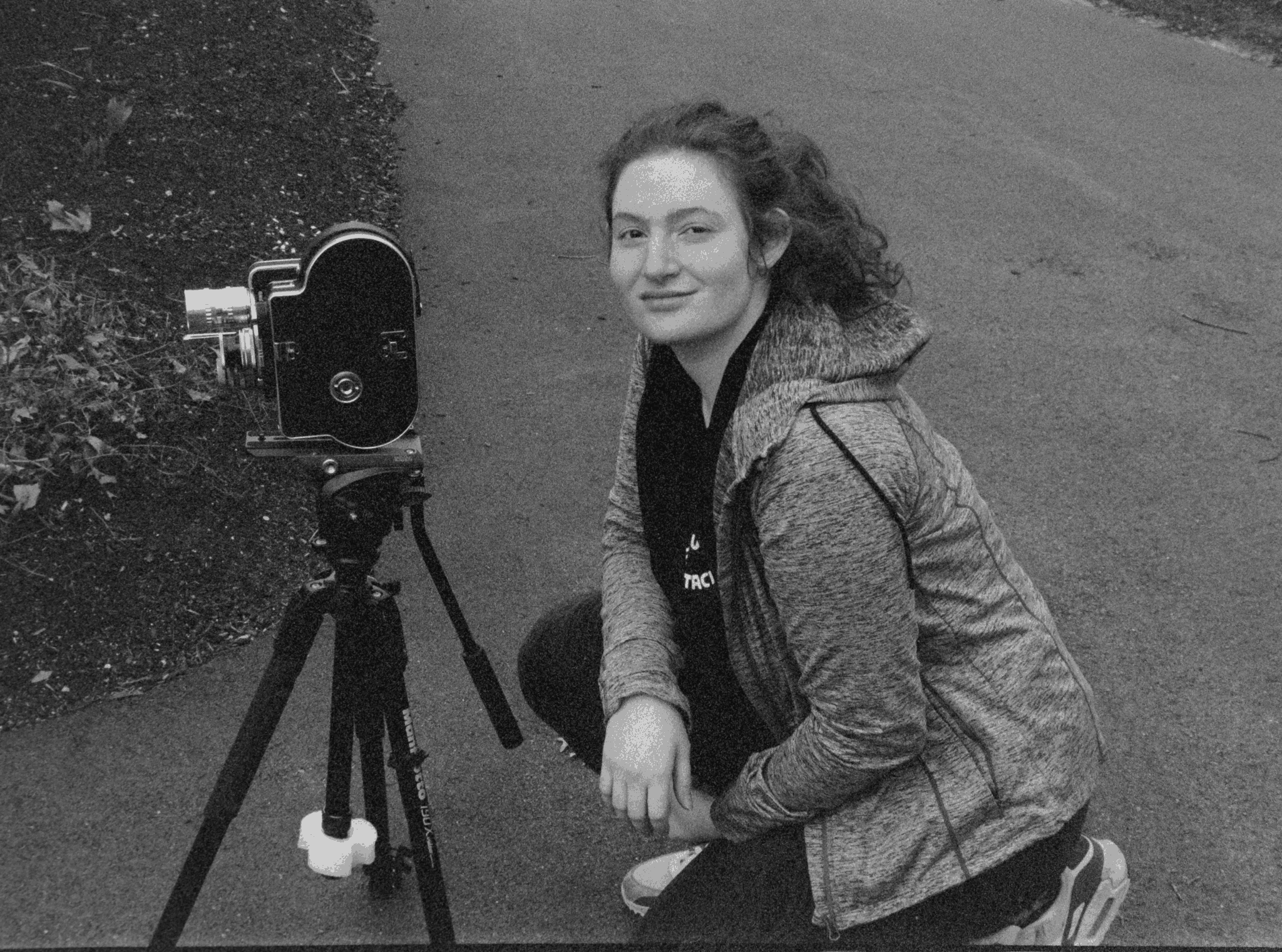We were lucky to catch up with Danielle Vishlitzky recently and have shared our conversation below.
Alright, Danielle thanks for taking the time to share your stories and insights with us today. Are you happier as a creative? Do you sometimes think about what it would be like to just have a regular job? Can you talk to us about how you think through these emotions?
The performance artist Marina Abramović has said “To know you’re an artist or not is like breathing. You don’t question breathing. You have to breathe otherwise you just die.” So I think happiness has never been the goal, because art making can be challenging and frustrating. Rather than a source of joy, my artwork is the place where I give myself the space to contend with my inner complexities, to try to work through questions of grief and privilege and generational trauma.
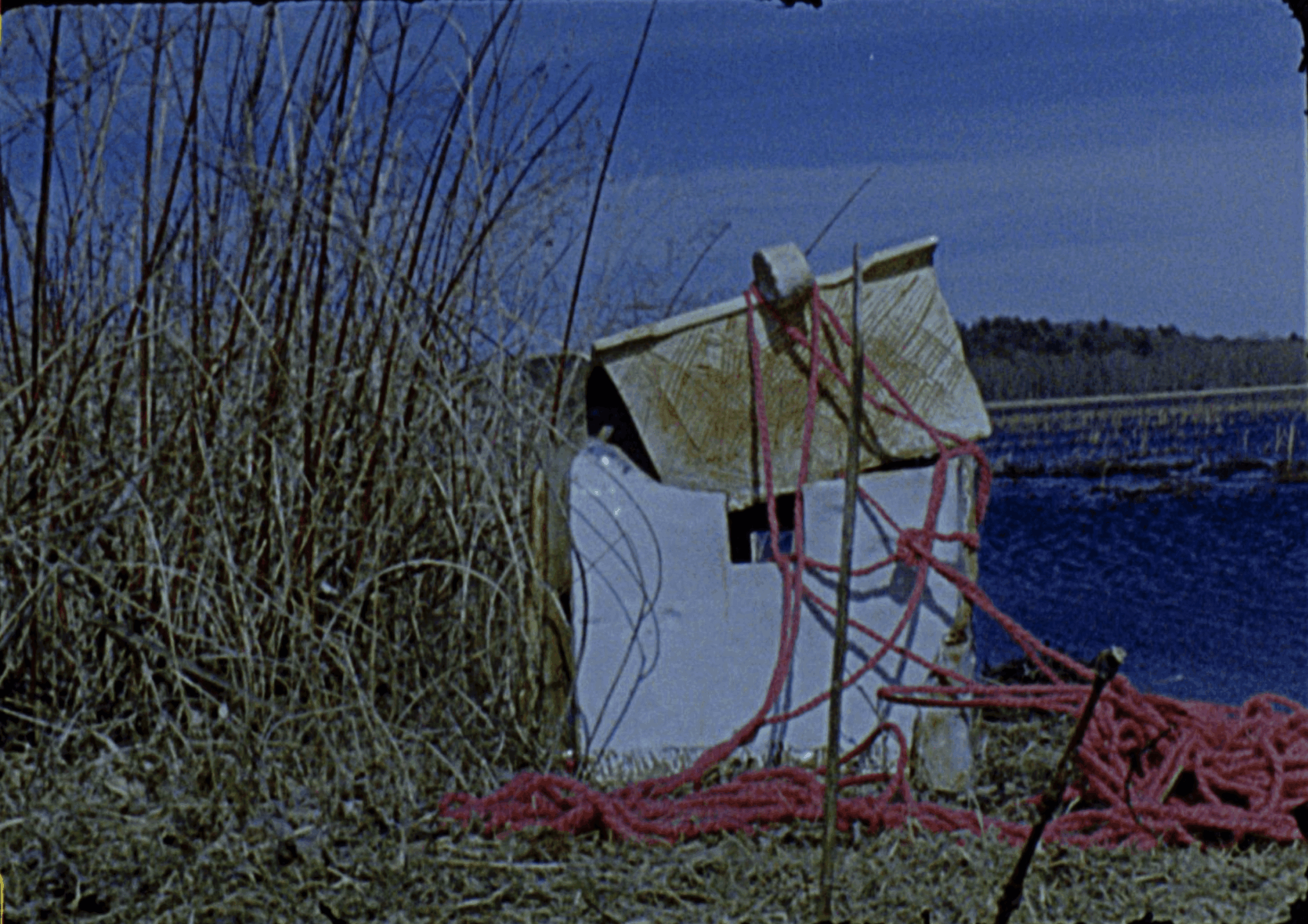
Awesome – so before we get into the rest of our questions, can you briefly introduce yourself to our readers.
I am an experimental filmmaker and audiovisual artist currently completing my MFA at the School of the Art Institute of Chicago. When I was in undergrad I took a 16mm filmmaking class by chance and knew that I had to keep working in this medium
I love the physicality of analog filmmaking– touching the film, cutting, painting, and etching into it. Whenever I can, I process the film by hand. For me, the film strip often becomes a substitute for the human body — sometimes my own and sometimes others. In “Underneath,” the first work I made as an MFA candidate, the film represents both my own body and the bodies we cannot see– those buried in a mass grave on the grounds of an old state hospital. The film is my attempt to reach them– to hold them– it forms a bridge between us. As I have continued with my practice, film remains a way to carve out space for memories and stories that have been forgotten or ignored yet still permeate into our lived realities.
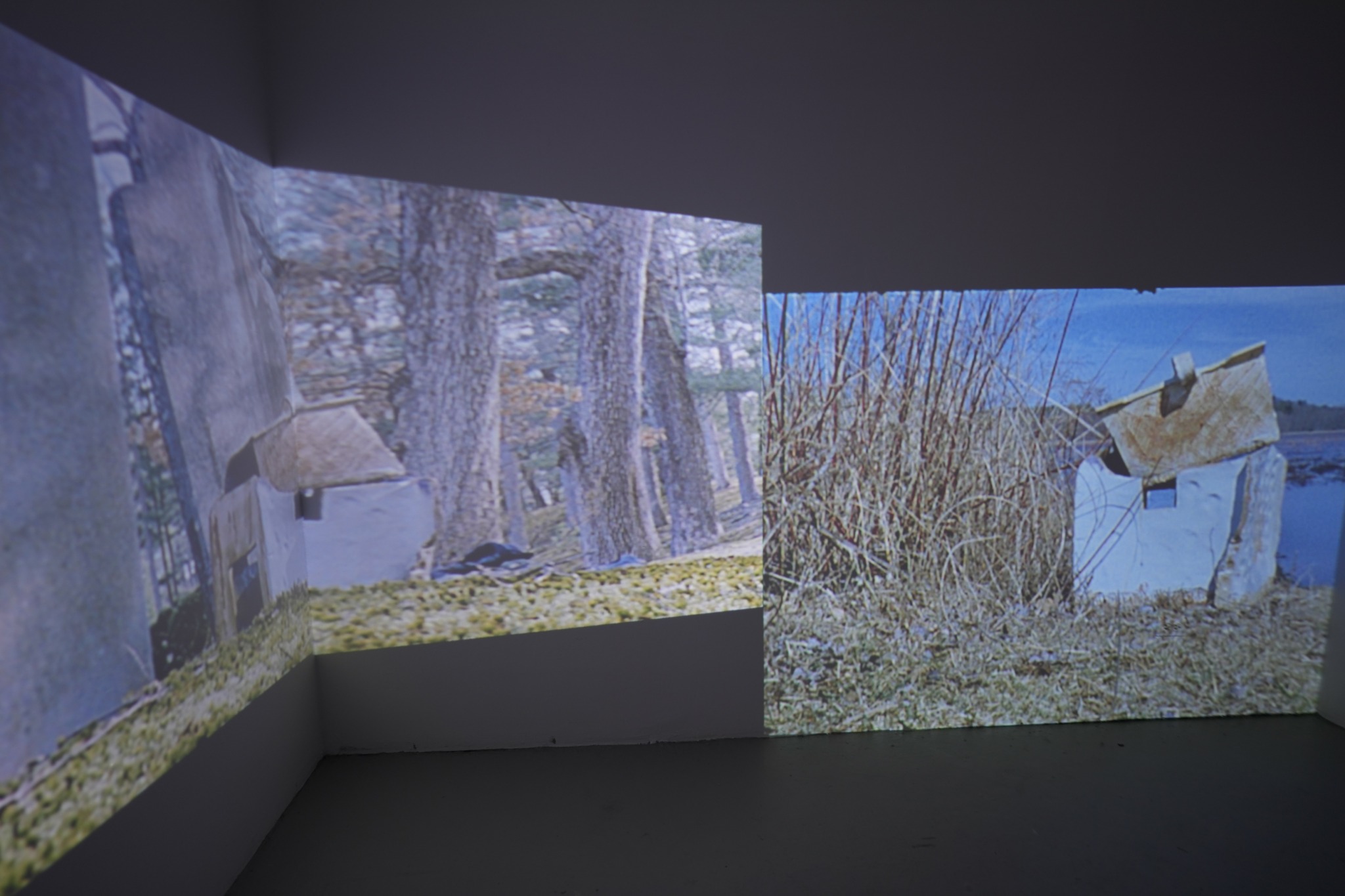
Are there any resources you wish you knew about earlier in your creative journey?
My peers and fellow artists! Going to school has been really rewarding, but it has also taught me to advocate for myself and the resources I need. I have learned the most not from the courses I have taken but from talking to professors and other artists whose interests align with my own.

We often hear about learning lessons – but just as important is unlearning lessons. Have you ever had to unlearn a lesson?
A lesson I am always trying to unlearn is that my work should be perfect and that art needs to be beautiful. In the same interview I mentioned earlier, Abramoviç says: “artists have to be ready to fail, which… not many people do. Because when you have success… you start somehow involuntarily reproducing the same images— the same type of work and you’re not risking.”
I am constantly failing. My process feels messy– much like picking through a tangled ball of yarn, unraveling one bit at a time until I reveal the central question or problem. It’s slow going. I’ve been working on the same three minute film for over a year. Telling myself not to rush the process has been really rewarding. I have given myself permission to leave it and then come back to it when it feels right. Growing up, this sort of slowness felt like a detriment. I was always trying to catch up to my peers– I read and wrote at a slower pace. But being an artist has allowed me to move through the world differently.
Contact Info:
- Instagram: @dani_vish
- Other: https://vimeo.com/user101065843
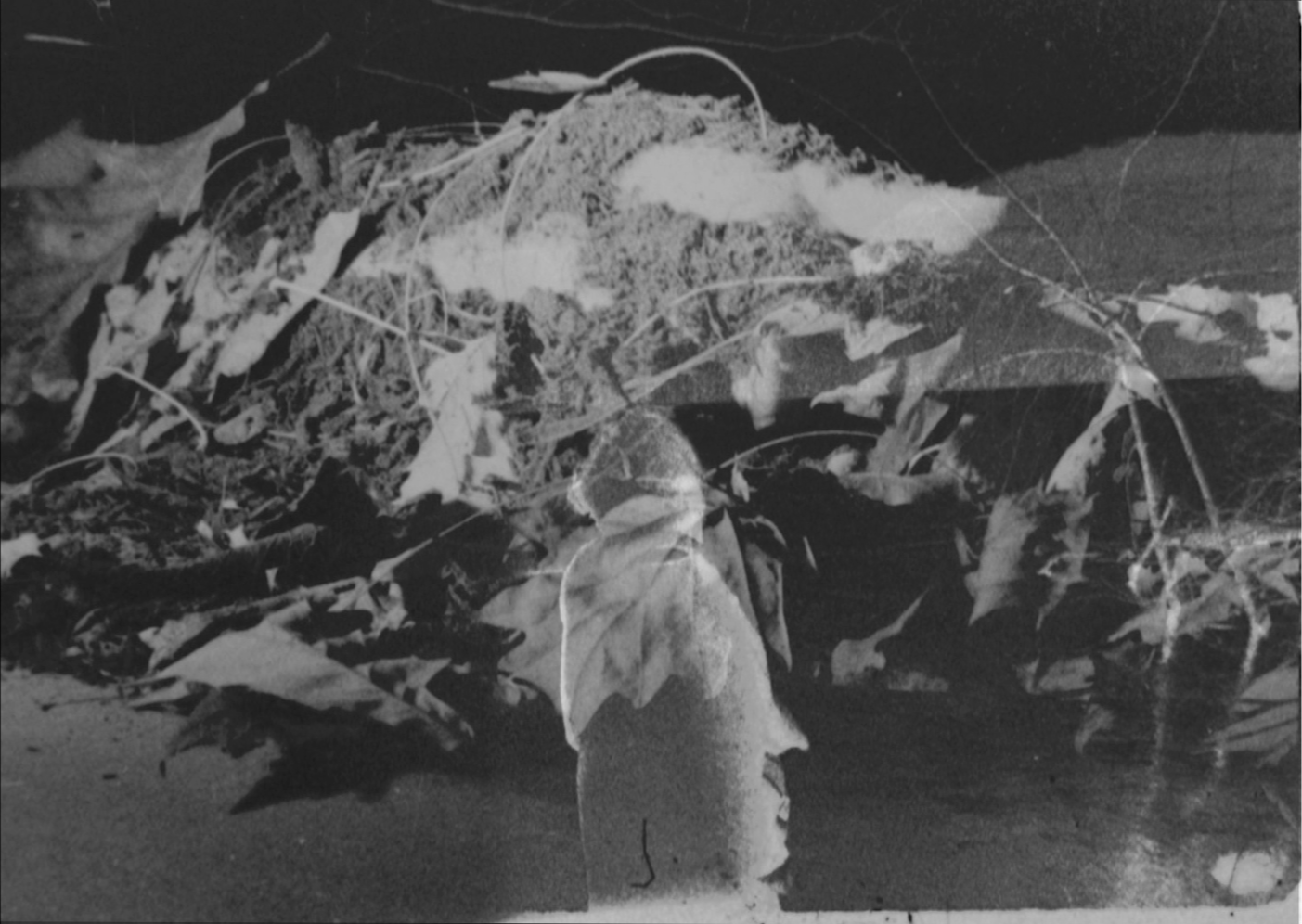
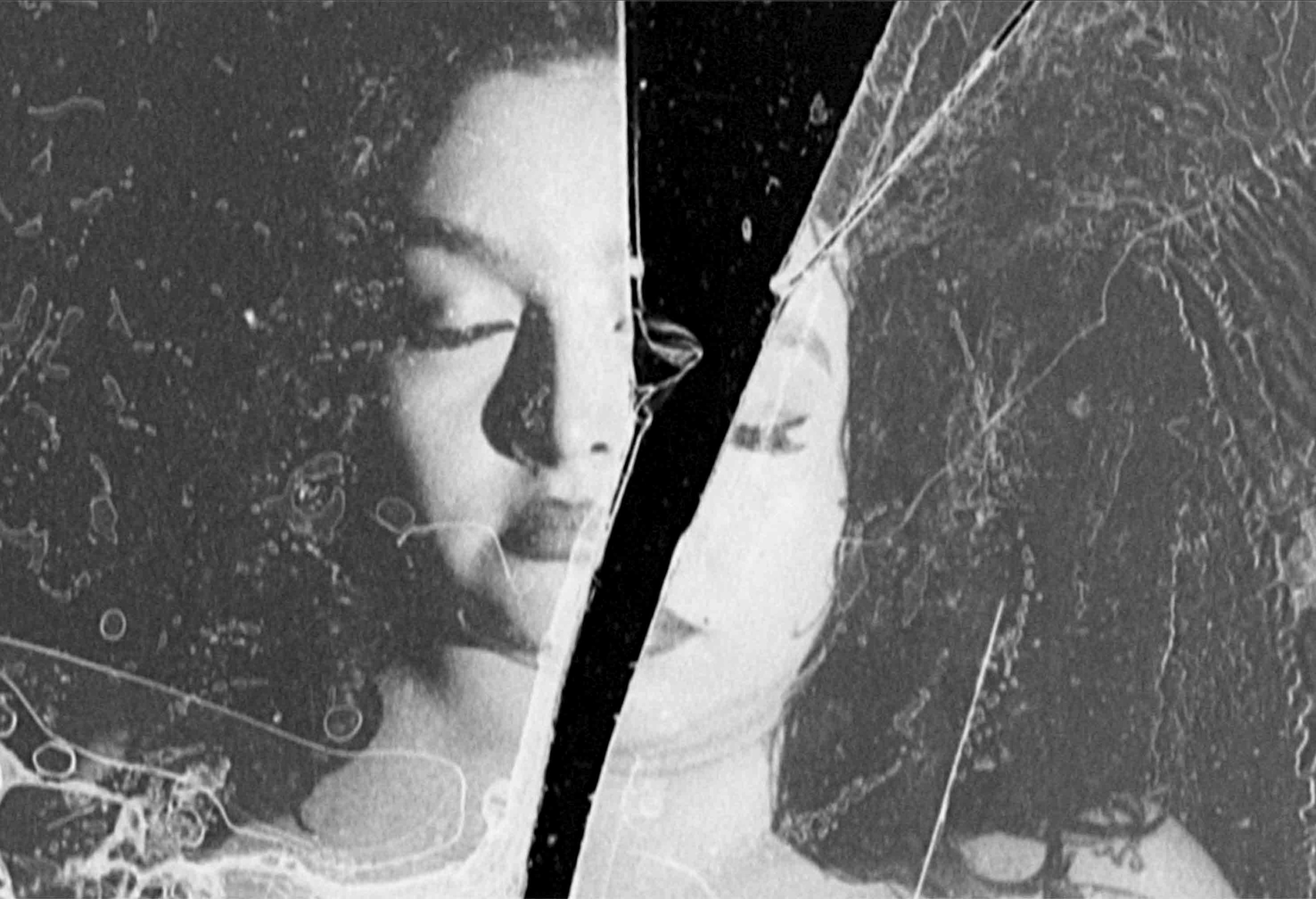
Image Credits
Gerardo Zelaya


